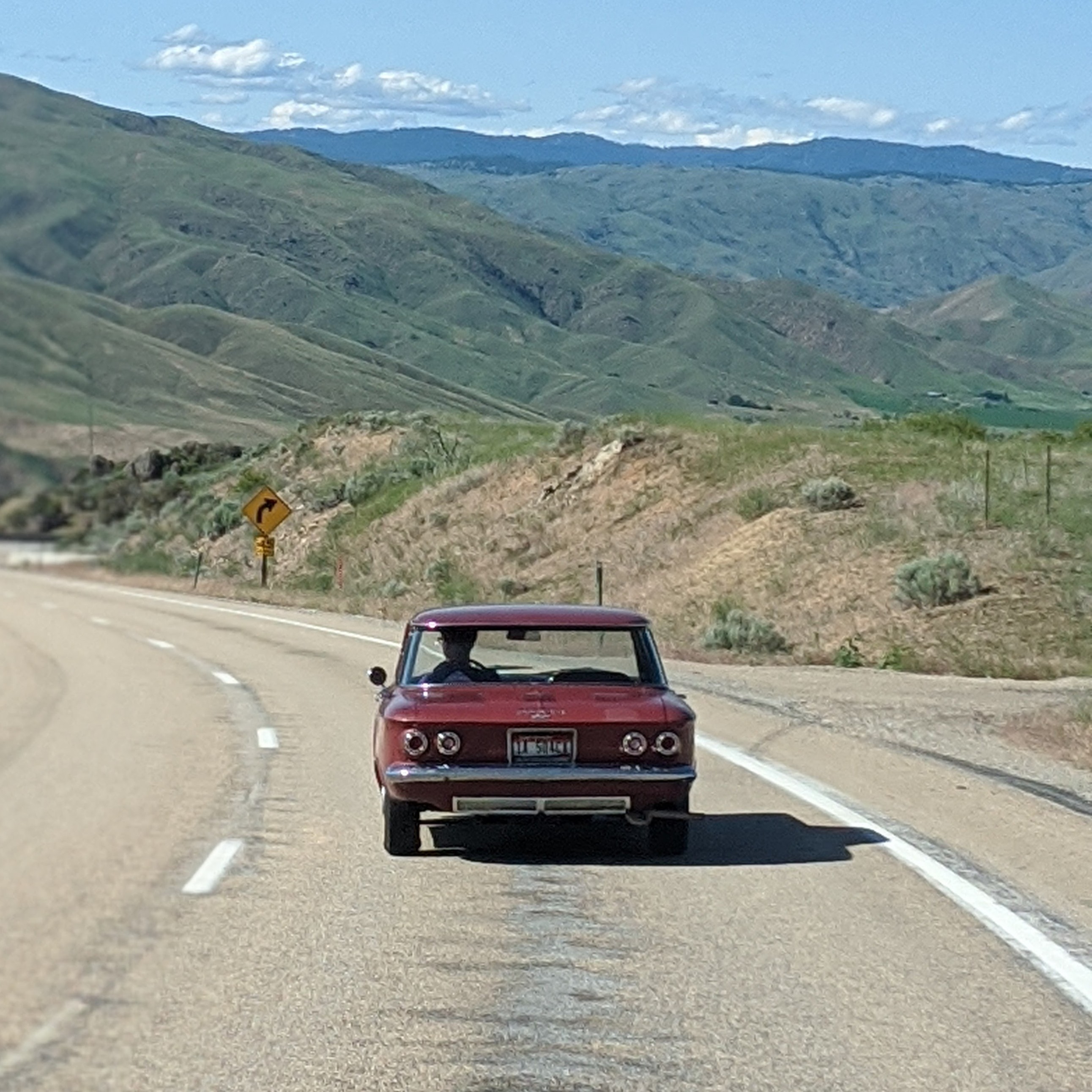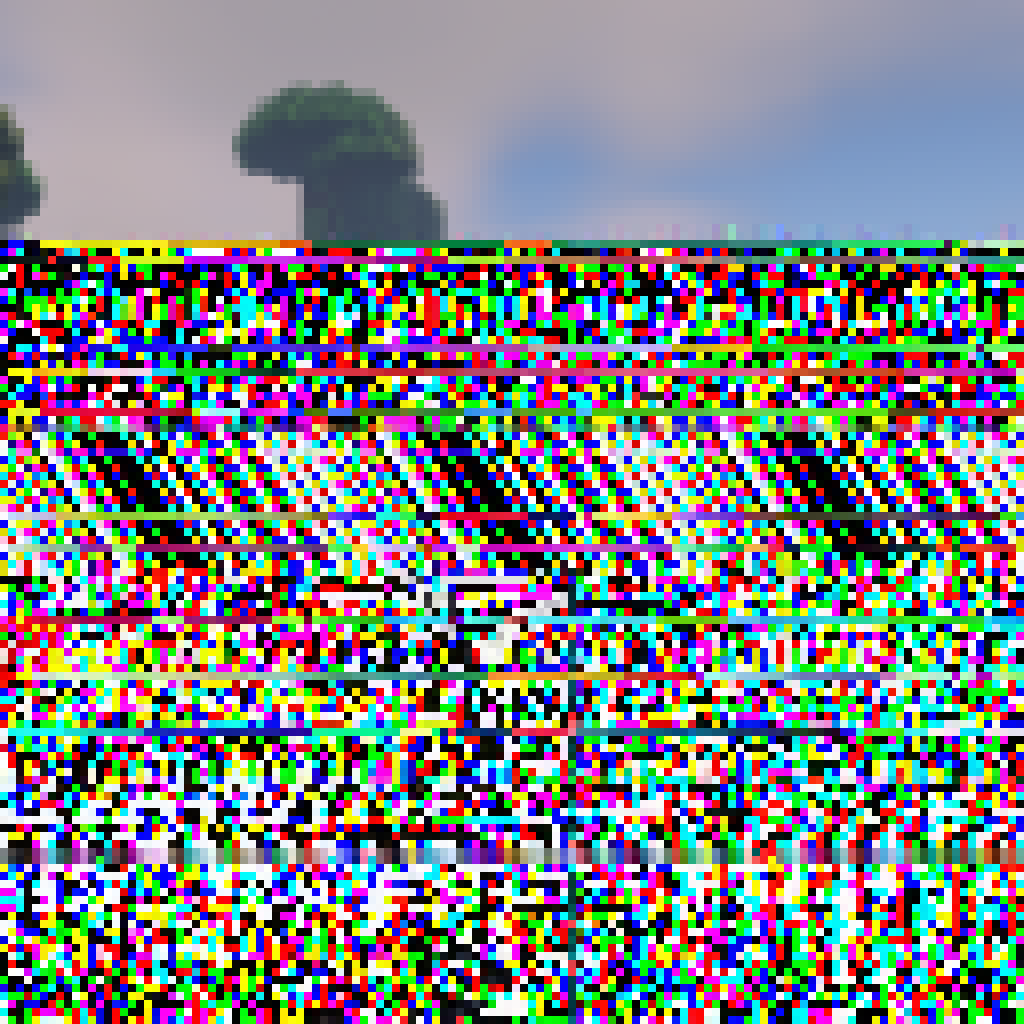Ive been wanting to make my own home media server for a bit now along with doing some other things, but how do i do it can i use any tech device as a media server, do i buy a bunch of dvds and digitize them. what exactly are the steps that need to be taken?

Look into building a Linux or Windows (or Android TV box) ‘Kodi’ media server. Add a cheap external HDD to it and you’re good to go. Insofar as content …
My knowledge here may be out of date, but at one time Canada’s copyright laws were very different from the USA. We as Canadians did (and may still) pay taxes earmarked for compensating all copyright holders; it was at one point totally legal to download anything, it just wasn’t technically legal to upload that same content for others to download. A weird situation, but maybe the DMCA’s been extended since via treaties to make that illegal even in Canada now.
At least for the 1990s through the early-to-mid 20x0s, Canadians have always paid a copyright levy on any blank media (CD-Rs, DVD-Rs, hard drives and USB keys) that could conceivably be used to store copyrighted content. The media companies did their best to hide this from Canadians, but in effect, every Canadian was already paying SOCAN, ASCAP/BMI, Hollywood etc. for copyrighted content even if they never stored such content on their purchased storage media such as blank discs, hard drives or USB keys!
As for ‘torrent’ and ‘magnet’ files, broadband providers in Canada must forward DMCA notices to downloaders if the copyright holders send them, but last time I checked these notices were basically toothless in Canada, and nothing more than scare tactics.
Disclaimer: IANALNDIPOOTV (I Am Not A Lawyer, Nor Do I Play One On TV). Not legal advice. Sales Taxes Apply Where Required. Some Assembly Required. Contents May Settle During Shipping.

This tax was removed in 2014, 9 years ago. It was often called the “iPod tax” by those who wanted to remove it. https://macleans.ca/economy/economicanalysis/the-ipod-tax-is-dead-good-riddance/

Aha, thanks for the correction.

Pirate everything laws are a spook
(Use a VPN)
I dont really have the money to spend on the things i want epecially mounthly things and ive never had a job before and i still dont becasue im trying to get thru school and such. so is there something else that i can do and stay safe while doing so>

Really the only safe, cheap and sustainable way nowadays is to use docker + gluetun + mullvad VPN (or your preferred VPN.
VPNs are cheap and they’re worth it.

Mullvad is dropping support for port forwarding as of July 1st (a lack of which cripples torrenting), so this actually no longer a good option. I’m miffed about it since I just set it all up a couple weeks ago. I haven’t done my research to see if there are any trustworthy VPN providers left which offer port forwarding.

Haven’t used docker myself yet but keep seeing it talked about with servers, am I right in that if you have a working configuration if docker gluetun (with a vpn) you could share some sort of file that would let others setup theirs in the same way semiautomatically?

Yeah that’s correct. It’s called docker compose. Everything is declarative and it can be stood up and torn down with a single command.
When I was setting myself up I referenced this project quite a bit:
https://github.com/DoTheEvo/selfhosted-apps-docker
You can pick and choose the parts you want.

A good VPN is five bucks a month. Certainly cheaper than any legal method of acquiring media, except 480i library DVDs.

You might find this gem of a video from Jeff Geerling to be helpful/informative:

Run Jellyfin locally and put all of your digitized files in there. Jellyfin is open source, unlike Plex, so you won’t have to worry about getting locked into a walled garden.
I tried out all the major media servers and settled on Jellyfin specifically because it lets me self-host all my own DVD rips and home videos without the risk of the content getting mixed up with stuff from elsewhere.
I use Jellyfin for video and photos, and Calibre for books. I haven’t found a good solution for music yet; Jellyfin supports it, but not well (yet).

If you’re scared of downloading online, you could borrow from your library and burn dvds like it’s 2003
my libraiy has anti-piracy things on there media.

They’re probably required to have that, but there’s no way they would ever know; there is no “pirated” switch that is set when you rip it.

That’s totally fine for them to put on, but also totally legal (and undetectable) for you to bypass.

You could check out DVDs from your local library and rip them in, most libraries that have DVD collections will let you check out at least a couple at a time. But that’s still technically illegal, just without any risk of a DMCA.

Depending on your jurisdiction, downloading copied content isn’t illegal, only sharing it to others is.
It goes against the general mantra of the piracy community to not share at least as you receive, but if you are in a region where you have to worry about that, in addition to a reputable VPN there is that info.

I get you.
By the letter of the law, you can make backups of your own media for yourself, so anything you legally own a copyright for, you may take a backup of the original media for yourself.
To stay 100% legal, you may never share this content with anyone.
Practically, however, after the whole RIAA lawsuits, which got a lot of press, it’s actually cheaper and more profitable for companies to make the media available to civilians through legal means, than it is to sue them. The RIAA found that out the hard way, so actually getting caught and sued for having/sharing pirated media is pretty much not going to happen. You’ll get scary sounding letters from your ISP (who is legally required to forward them to you from the MPAA), but that’s about it. It’s unlikely to ever go further than that.
Still, you should use a VPN if you’re going to go that route…
That’s your options, do whatever you want with that information.

Move to Canada and use usenet

Moving to Canada is just good advice in general.
i cant afford to move and i got to stay with family.

I don’t understand. Can you please explain? from a Canadian Vancouverite

Downloading pirated material isn’t illegal in Canada, sharing it is. Usenet can be configured to use port 443 so everything is encrypted and appears as HTTPS traffic to your ISP. There is also no uploading/seeding with Usenet, unlike torrents so it is 100% legal in Canada.

It’s definitely illegal to download some things. Copying audio to audio recording media is legal because of a levy we pay on the media, but software, movies, books are a different story.
What constitutes “audio recording medium” is still a question not completely answered by the courts and it seems that most copyright owners are not willing to test it in court and more than happy to just threaten with options to settle before legal action is taken and see who flinches.
Meanwhile the authorities have stated in the past that going after downloaders of any copyrighted material is not a priority unless they are also distributing copyrighted works.

im kind of amazed thats still a thing. I wonder if you can still get stuff through IRC

Yes, DCC is still a thing

This might help with your hardware/software stack: https://perfectmediaserver.com/
As for content, there are plenty of good suggestions here already, but my solution is to run a VPN client when I’m torrenting just to be on the safe side.

The quickest way to start is to familiarize yourself with Plex by installing it on your primary computer. It can run in the background in Windows and will be accessible on your home network from there. You’ll want to install “Plex Media Server” on that computer and configure it to your liking. Once that’s installed, you will need media. You mention ripping DVDs. That is the best route to take with regards to legal ramifications. There are many ways to rip DVDs, so I won’t go into that. Once you have your DVDs ripped and in a folder on your primary computer, configure Plex to search that folder for media. You can then use any Plex client to stream those movies wherever you please.
I will warn you, though, it can be a bit of a rabbit hole. My Plex setup has grown to a rack-mounted server with dual Intel CPUs, 384GB or RAM, and many, many terrabytes of content being shared to dozens of friends and family members.
Have fun and come back with any questions you come up with!
If you are good with computers install Plex/jellyfin in a vm or docker. You can copy your own DVDs to it

Is great for getting the video files from the disc, read the documentation for drive compatibility though, especially for 4k bluray. Here is the doc page for emby, and Jellyfin. I think Jellyfin is a fork from Emby that stays 100% free/open
Note youll need a computer to be there server, and a client that is plugged in to the tv/smart tv app/apple tv box running the client. Accessing your server outside of your local network is another layer of complications. The server needs to transcode the video stream if you need to downscale it so that the network can handle it, or if the client can’t handle the format of the original video file, and that will dictact how fast a server you’ll need.

Navidrome is very good for a music server

Truth be told, doing it legally will only make it harder and harder to get media. Mullvad VPN (https://mullvad.net ) is only 5€ (~5.4$) monthly and you can quite literally mail them the physical dollars to pay for the VPN if you don’t have card.

Is Mullvad still a valid option with no port forwarding? I guess if you’re only on public trackers and don’t care about seeding it’s probably fine.


